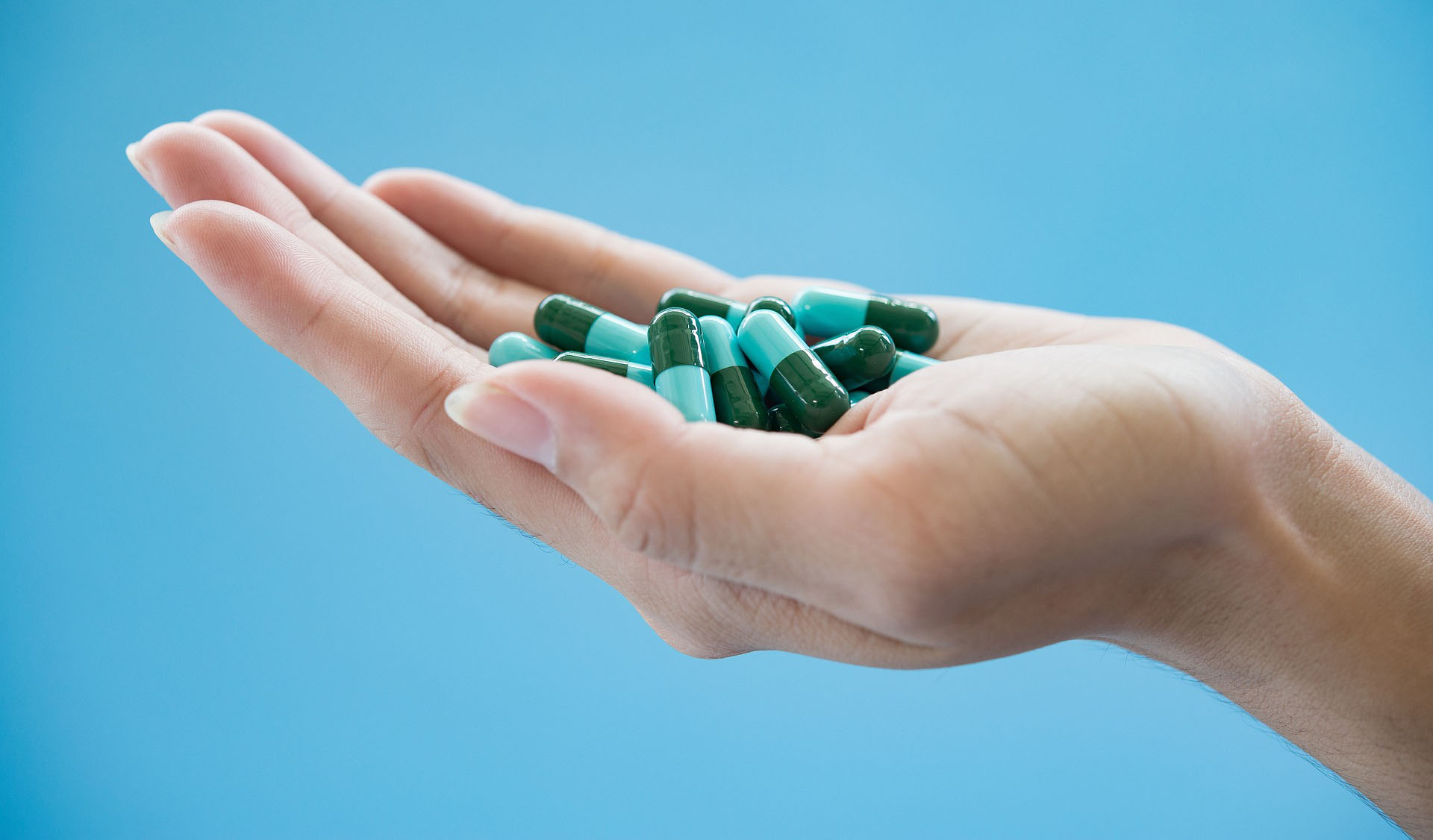Are Selective Serotonin Reuptake Inhibitors Harming Your Gut?

PREMIUM CONTENT for MEMBERS ONLY
By Jill Horn
Selective serotonin reuptake inhibitors (SSRIs) are a class of pharmaceuticals highly effective in the treatment of depression and anxiety. As the name suggests, this type of antidepressant medication acts on the serotonergic system. After serotonin’s release into the synapse from certain nerve endings or from storage cells in the gut and its binding to receptors on the target cell, the released neurotransmitter is rapidly removed by what are called “serotonin transporters”. By inhibiting these serotonin transporters, SSRIs prevent this reuptake, which results in a higher availability of serotonin at the target cell for a prolonged period of time. This was the original explanation of how SSRIs are able to treat depression, a disease characterized by an imbalance and hypoactivity of the serotonergic system.
“…[it is possible] that part of the antidepressant effect of SSRIs is related to their incompletely understood effects on the serotonergic system in the gut.”
Some recent studies have focused on the effect of SSRIs on the gut, as it is now clear that a vast component of the serotonergic system is located in specialized cells in the gut, the so called enterochromaffin cells, and that serotonin released from these cells has a dual effect: a direct one on the enteric nervous system (often referred to as the second brain) regulating gastrointestinal function, and an indirect one via the vagus nerve on the brain. Therefore, the possibility exists that part of the antidepressant effect of SSRIs is related to their incompletely understood effects on the serotonergic system in the gut. A recent study in laboratory mice tested this hypothesis and found that SSRIs indeed increased the activity of sensory nerves of the vagus nerve, and increased the excitability of sensory neurons located in enteric nervous system. Intriguingly, the study showed that SSRIs administered orally depend on an intact vagus nerve in order to exert their behavioral effects. It remains to be determined whether the stimulation of enteric neurons and vagal sensory neurons as part of the gut brain axis is one of the pathways by which SSRIs affect depressive symptoms.
“The anti-depressant medication fluoxetine was demonstrated to inhibit the uptake of serotonin by the gut microbial species T. sanguinis.”
In addition to acting on nerve pathways in the gut, recent evidence suggests possible effects on the gut microbiome. One of the mechanisms through which SSRIs may be affecting the gut microbiome is through their binding to a serotonin transporter molecule in the cell wall of some microbiota, which is similar to the one in the central nervous system of humans. By this mechanisms, certain microbes can take up serotonin released into the gut from enterochromaffin cells (the “serotonin warehouse” in the gut, containing more than 95% of all serotonin in the body), thereby modulating their own behavior. For example, the anti-depressant medication fluoxetine was demonstrated to inhibit the uptake of serotonin by the gut microbial species T. sanguinis. Importantly, T. sanguinis is a gut bacteria known to alter the expression of intestinal genes, including those involved in the metabolism of fats and steroid hormones. It has been speculated that the critical interaction of these bacteria with the serotonergic system of the host, and the potential alteration of this system by SSRIs may play a role in the side effects of weight gain and sexual dysfunction observed with SSRI administration.
“The antibiotic effects produced by SSRIs may cause … a disruption of the integrity and stability of a healthy gut microbiome”.
Importantly, SSRIs have also been found to exert antimicrobial effects, a mechanism which has been implicated as a possible cause for some of the observed side effects. The antibiotic effects produced by SSRIs may cause microbial dysbiosis, which is a term referring to a disruption of the integrity and stability of a healthy gut microbiome. Interestingly the SSRIs sertraline, fluoxetine, and paroxetine seemed to exert the strongest antibiotic effect, whereas fluvoxamine, escitalopram, and citalopram have been found to have less of an impact on the gut microbiome. Another important side effect to highlight in this discussion is that of weight gain, as gut microbial dysbiosis has been associated with obesity in many different studies. One particular study highlighted the depletion of bacteria from the genus Lactobacillus in weight gain due to SSRIs, a bacterial strain known to be important in the regulation of weight.
In summary, even though SSRIs are the most commonly used class of antidepressants, and have been in clinical use for more than 50 years, the mechanisms underlying their effectiveness, interindividual variability and side effects remain incompletely understood. The rapidly advancing microbiome science, and the new concept of the brain gut microbiome system have provided new perspectives in our understanding, and have the potential for the development of more effective treatment options.

Jill Horn is a recent UCLA graduate with a degree in Neuroscience. She is deeply interested in the interconnectedness of body, mind, and spirit takes an integrative approach to health and well-being. She aspires to the public about a research-based lifestyle and mindset that promote health.
✓ This article was reviewed and approved by Emeran Mayer, MD